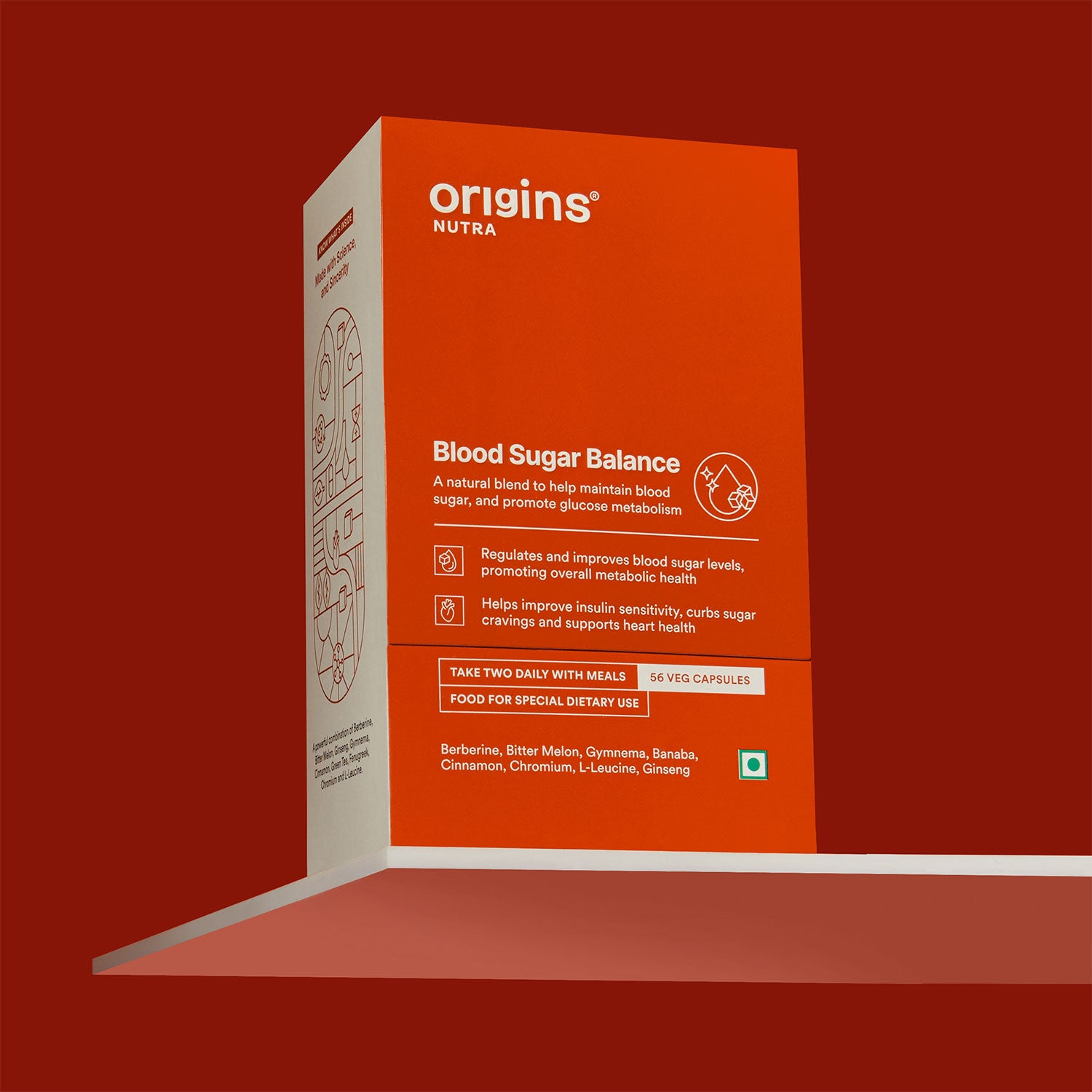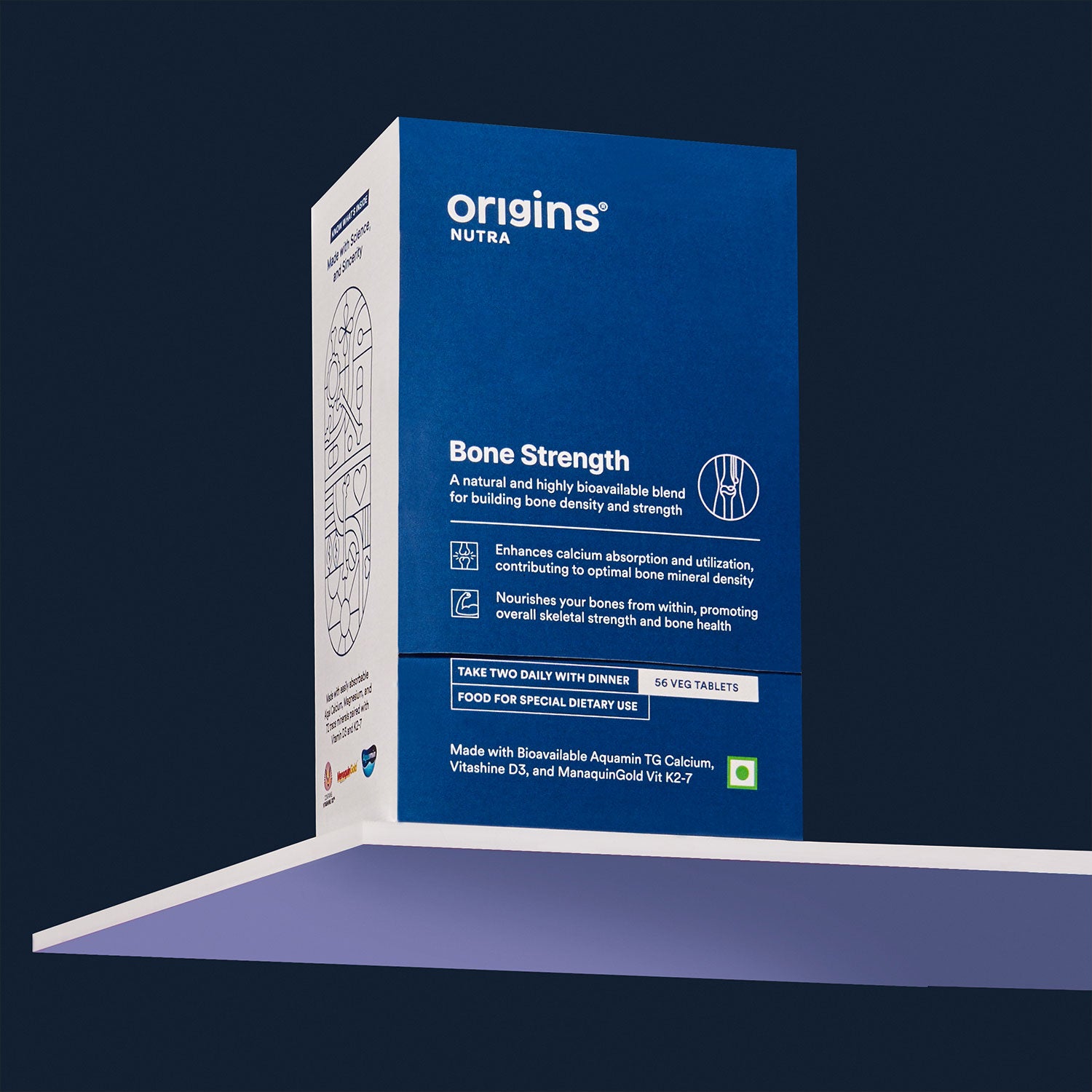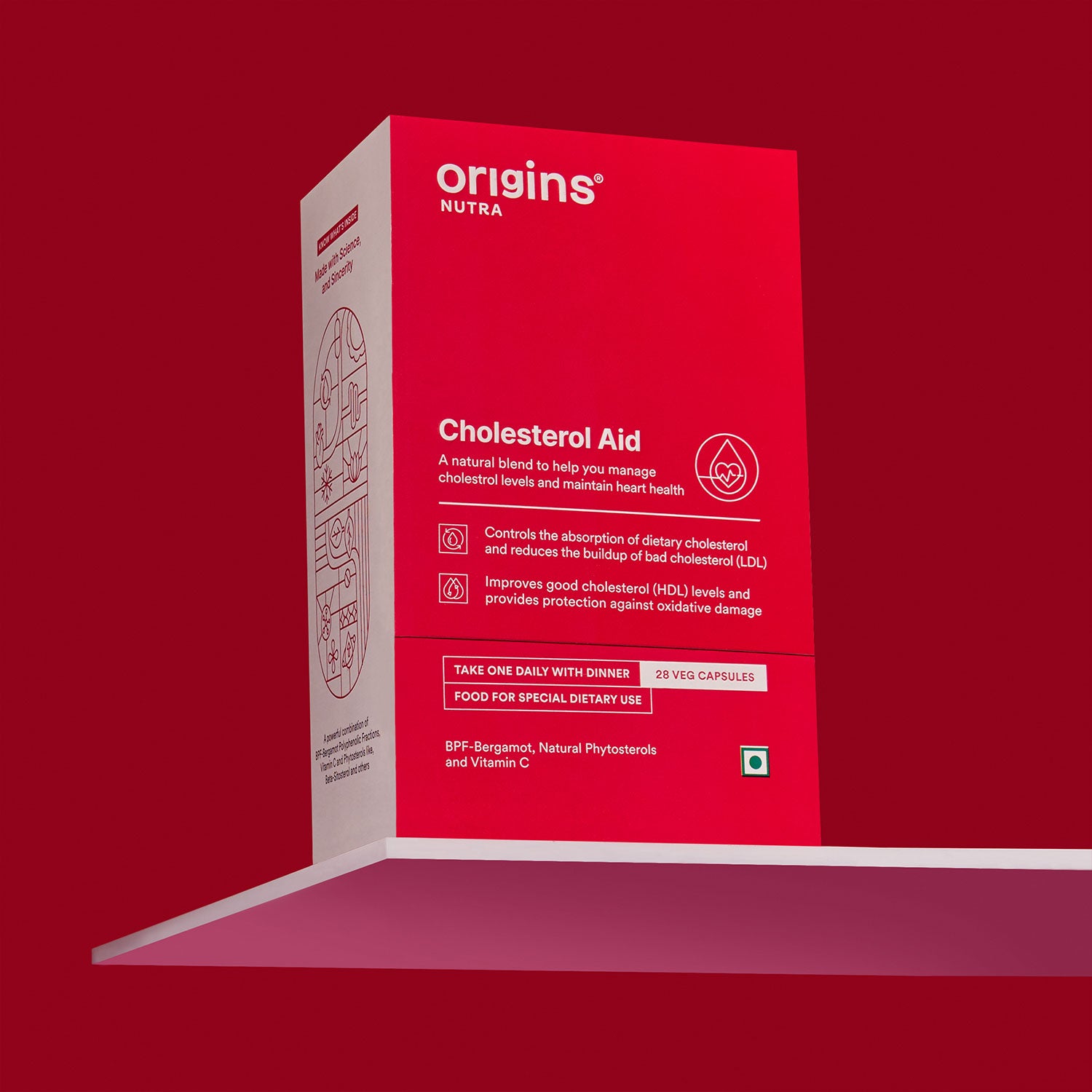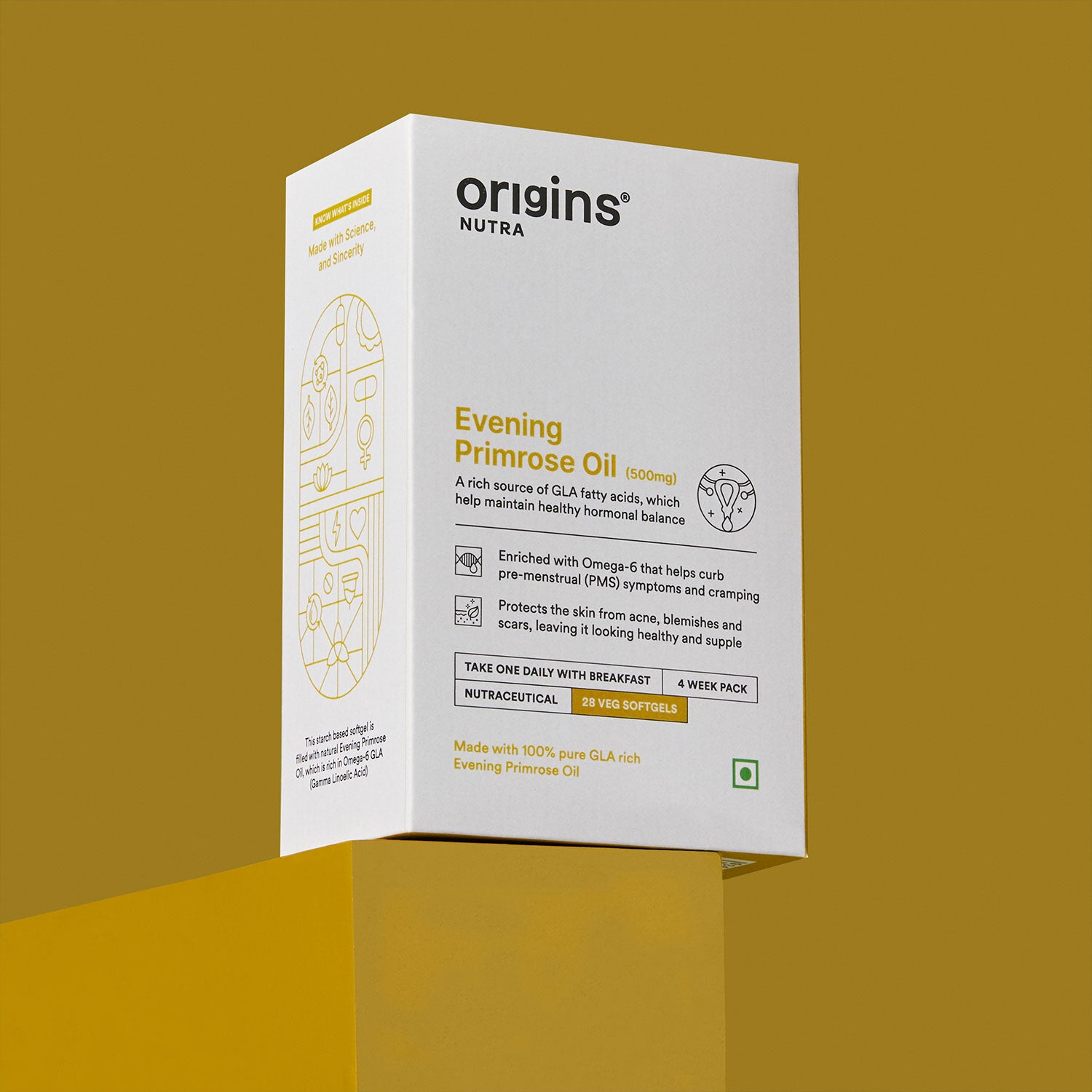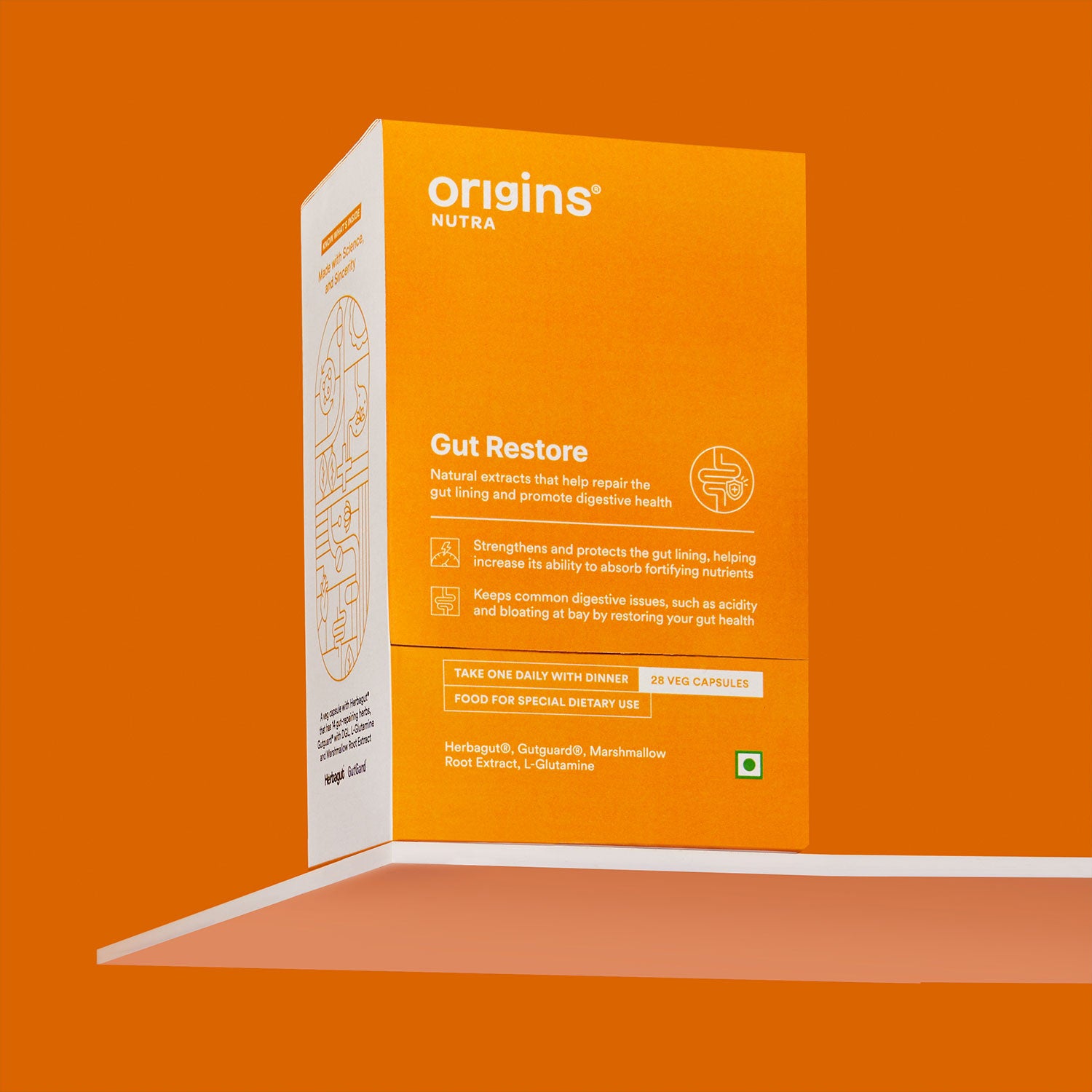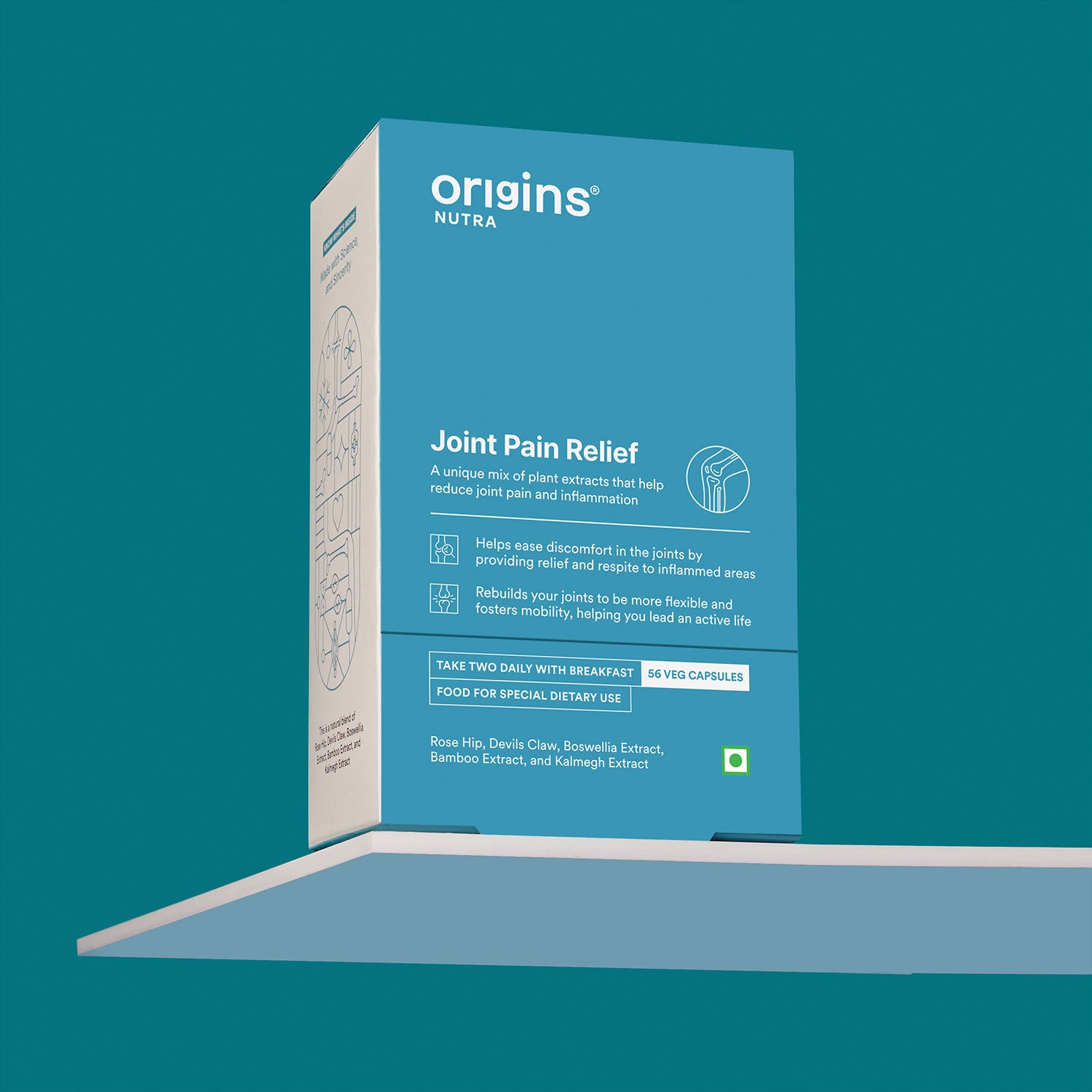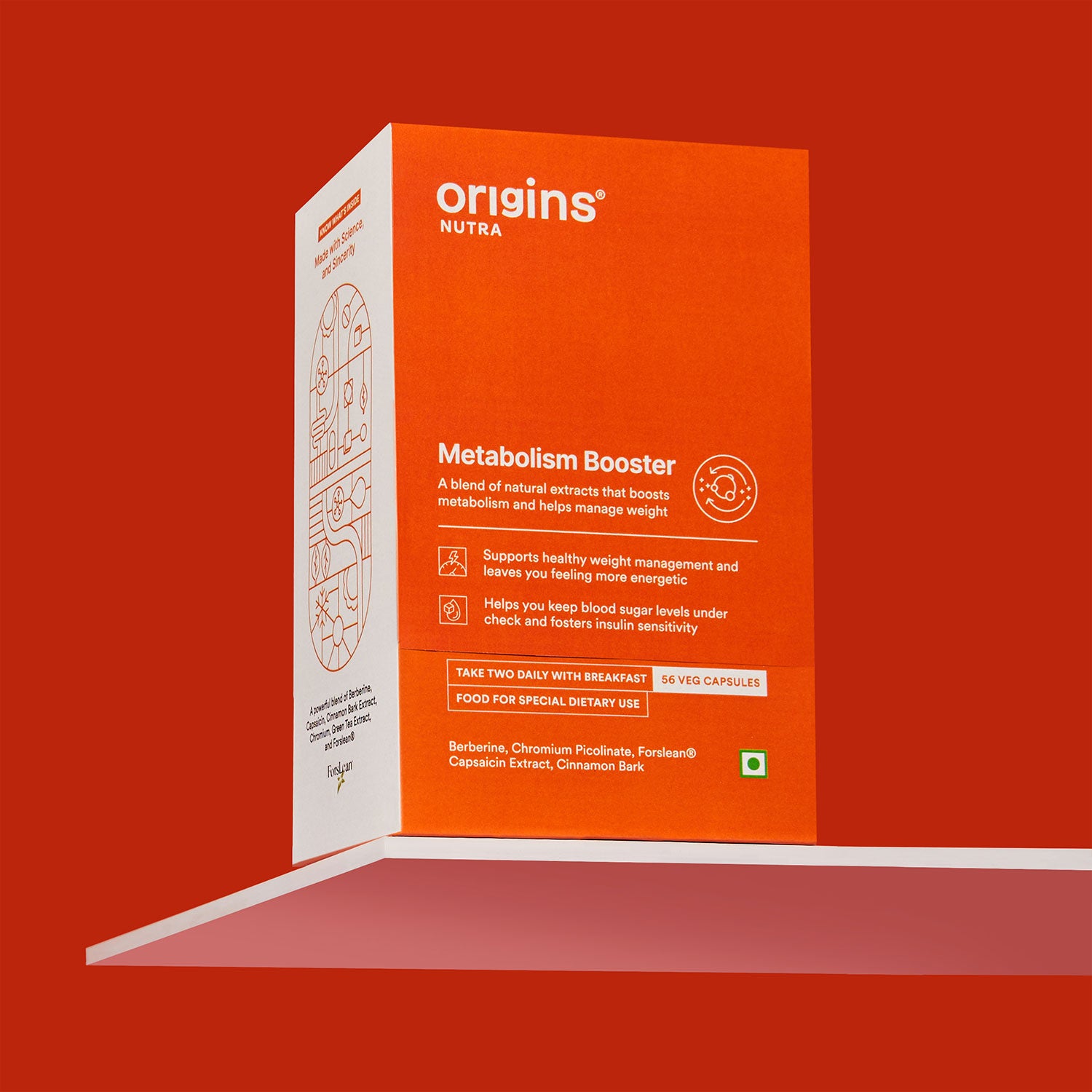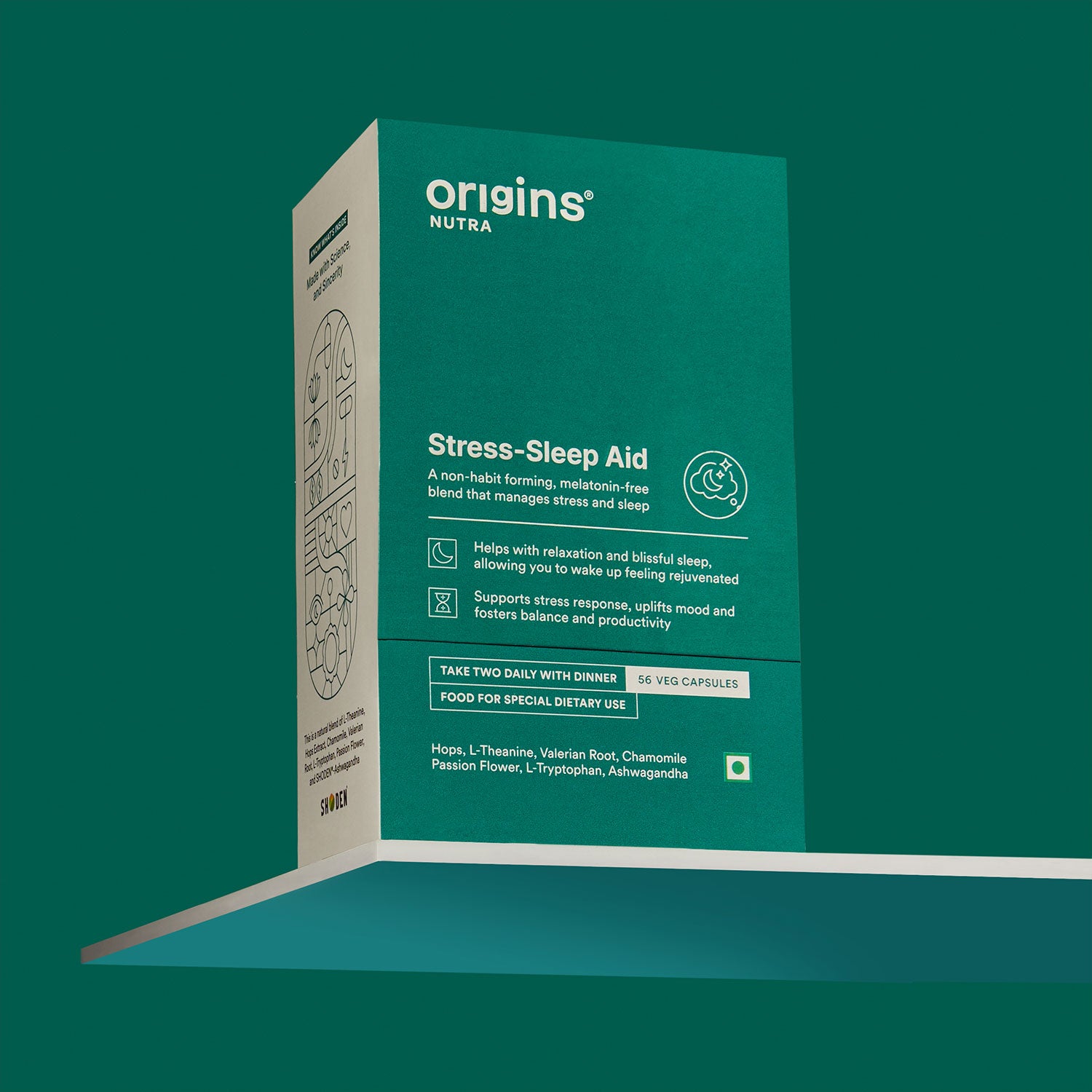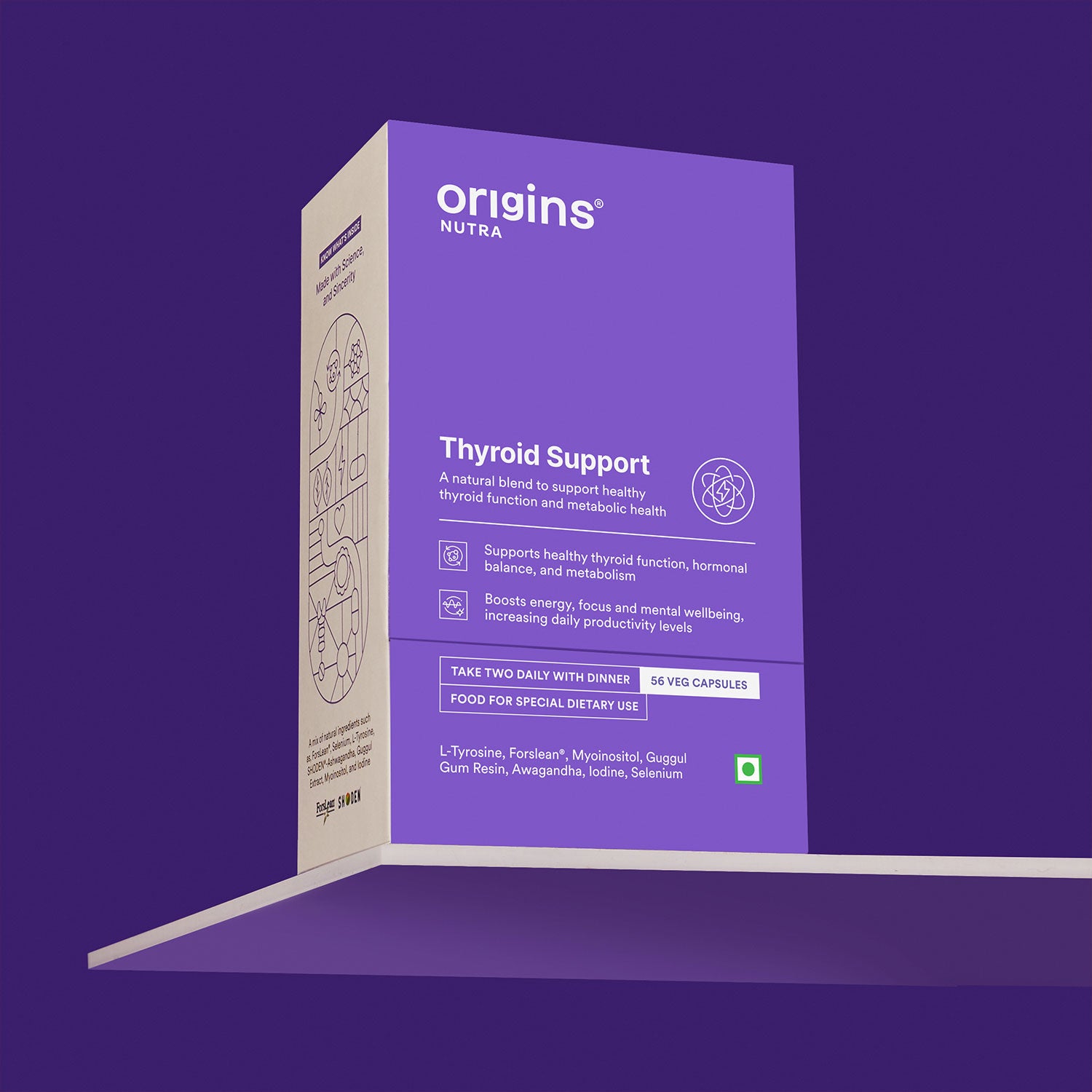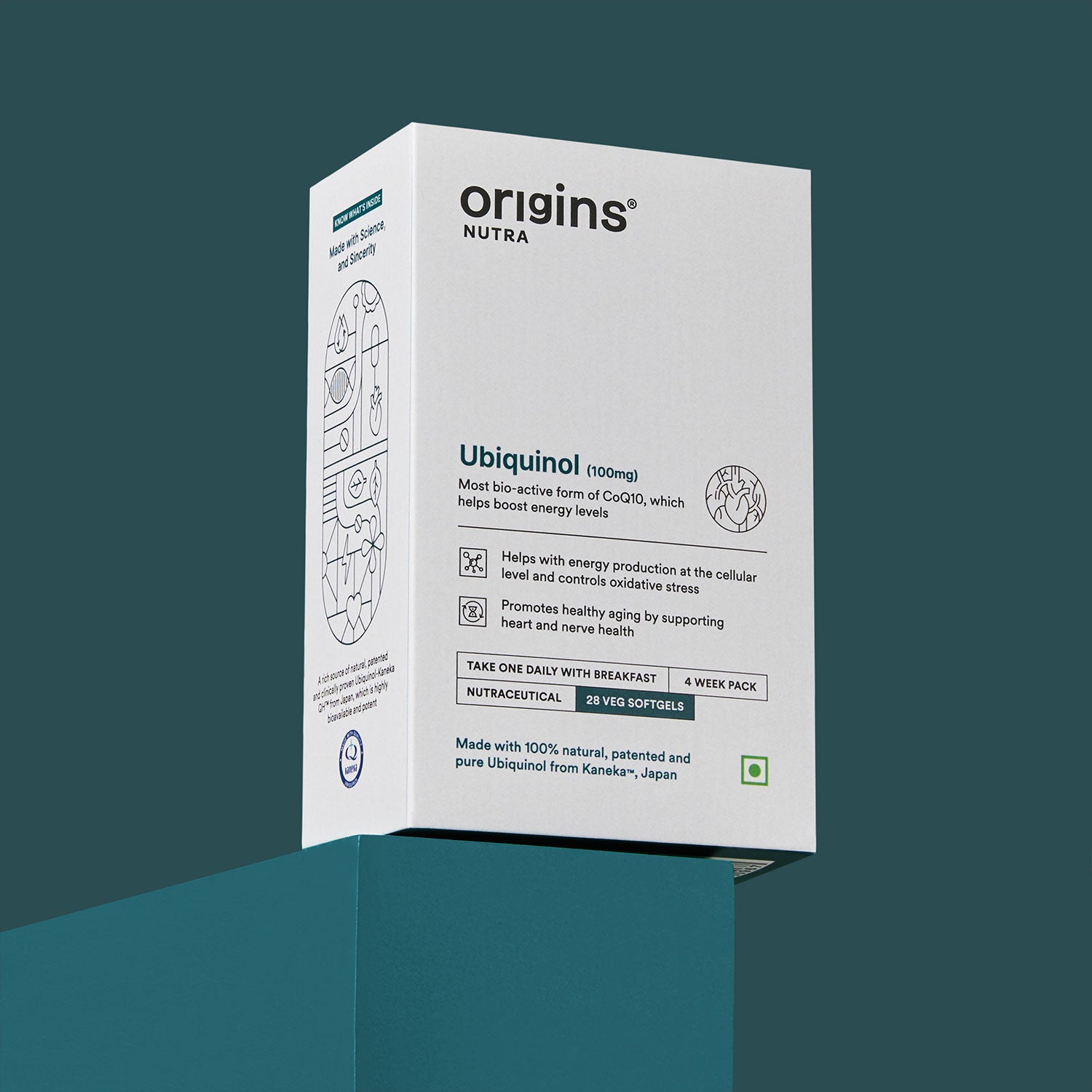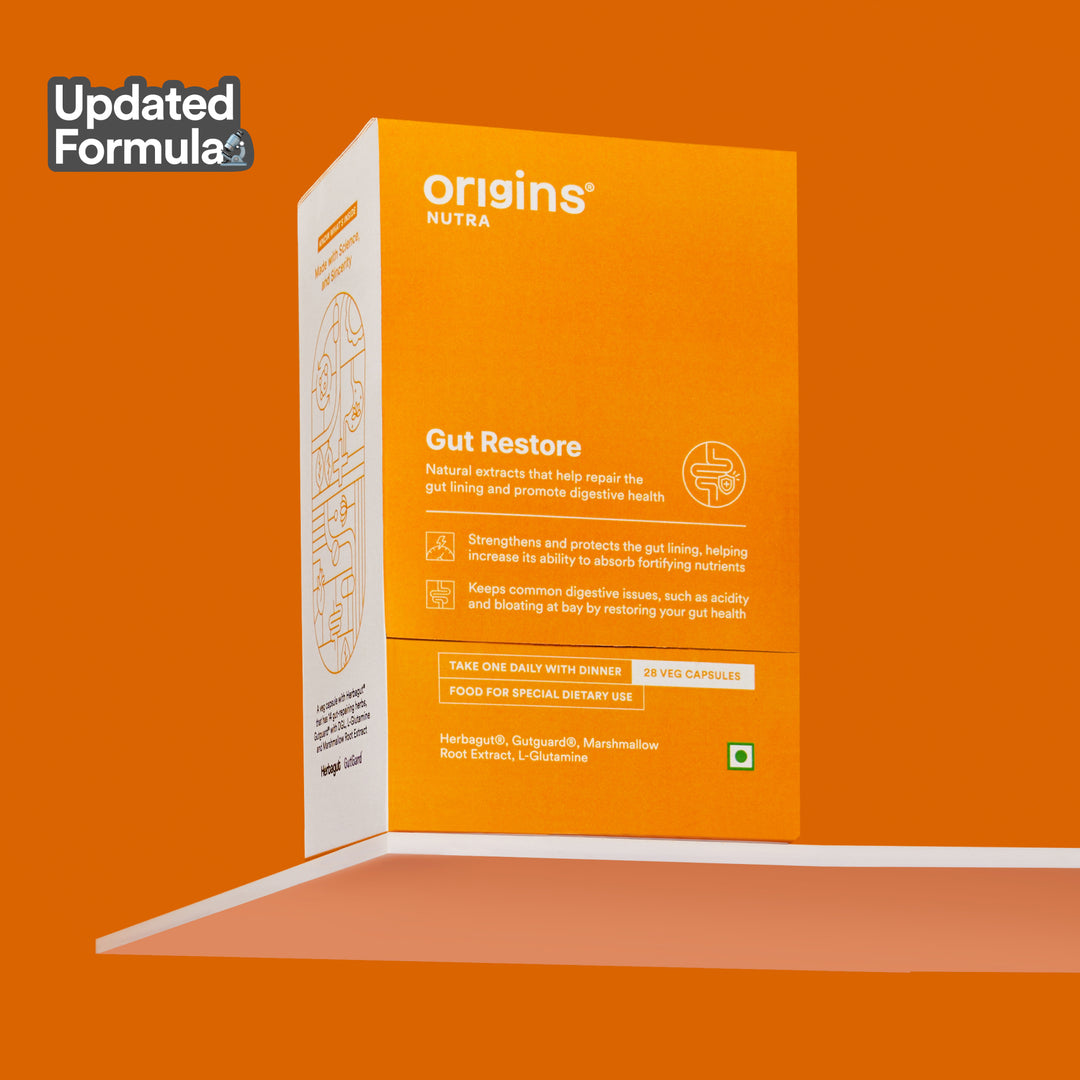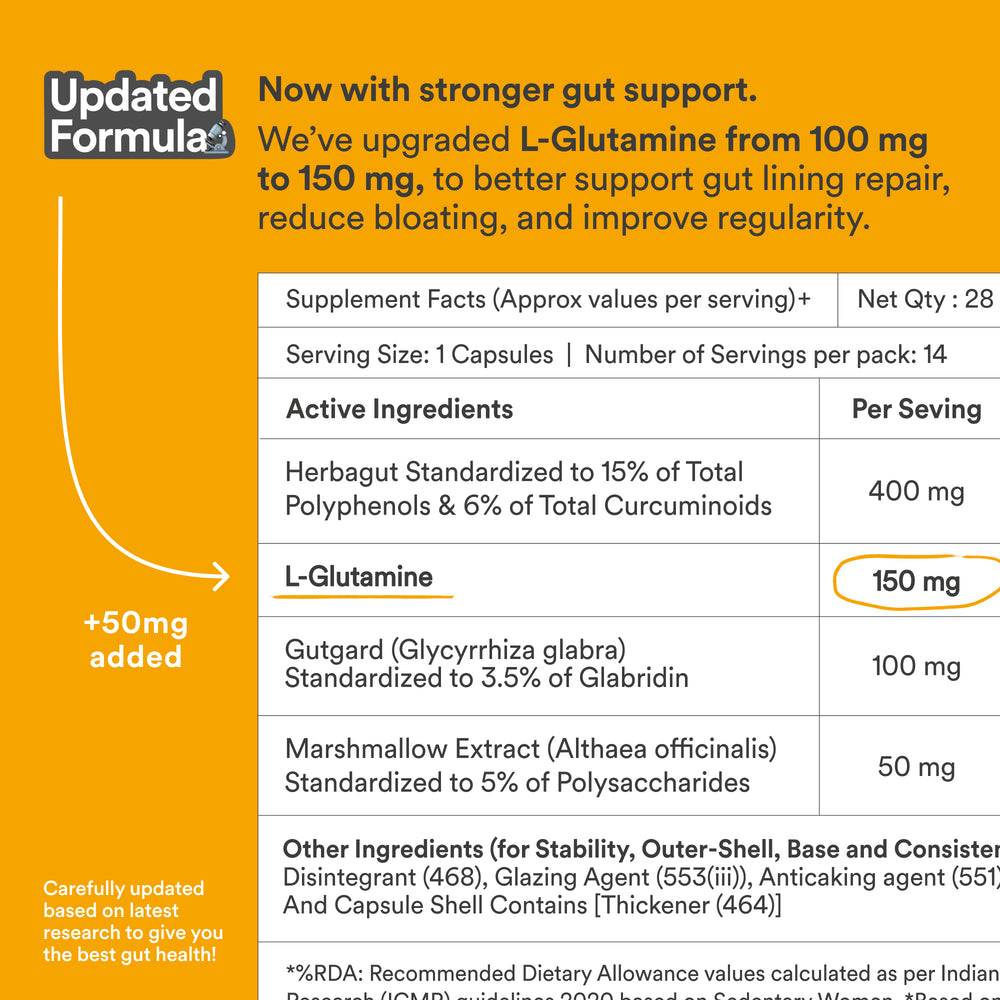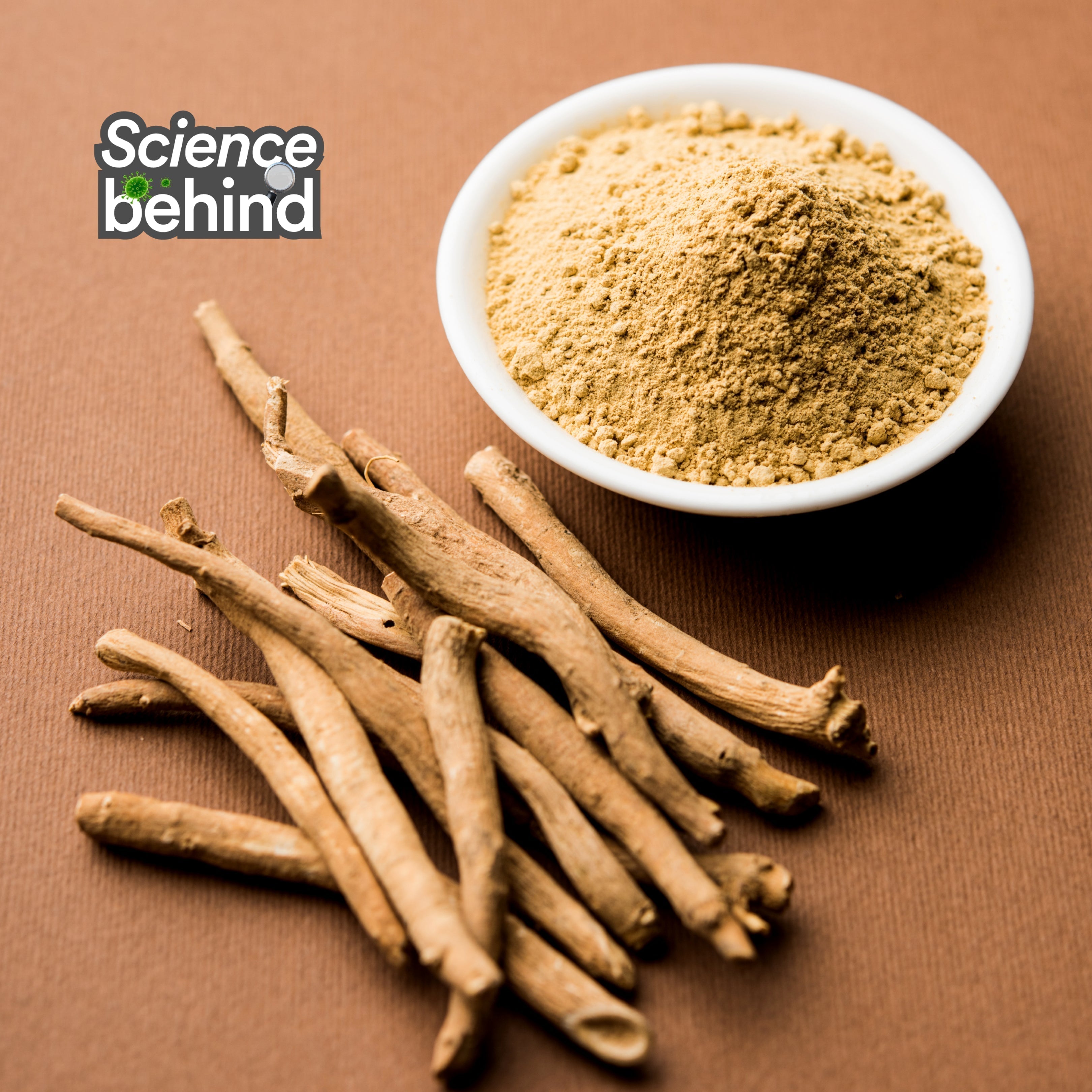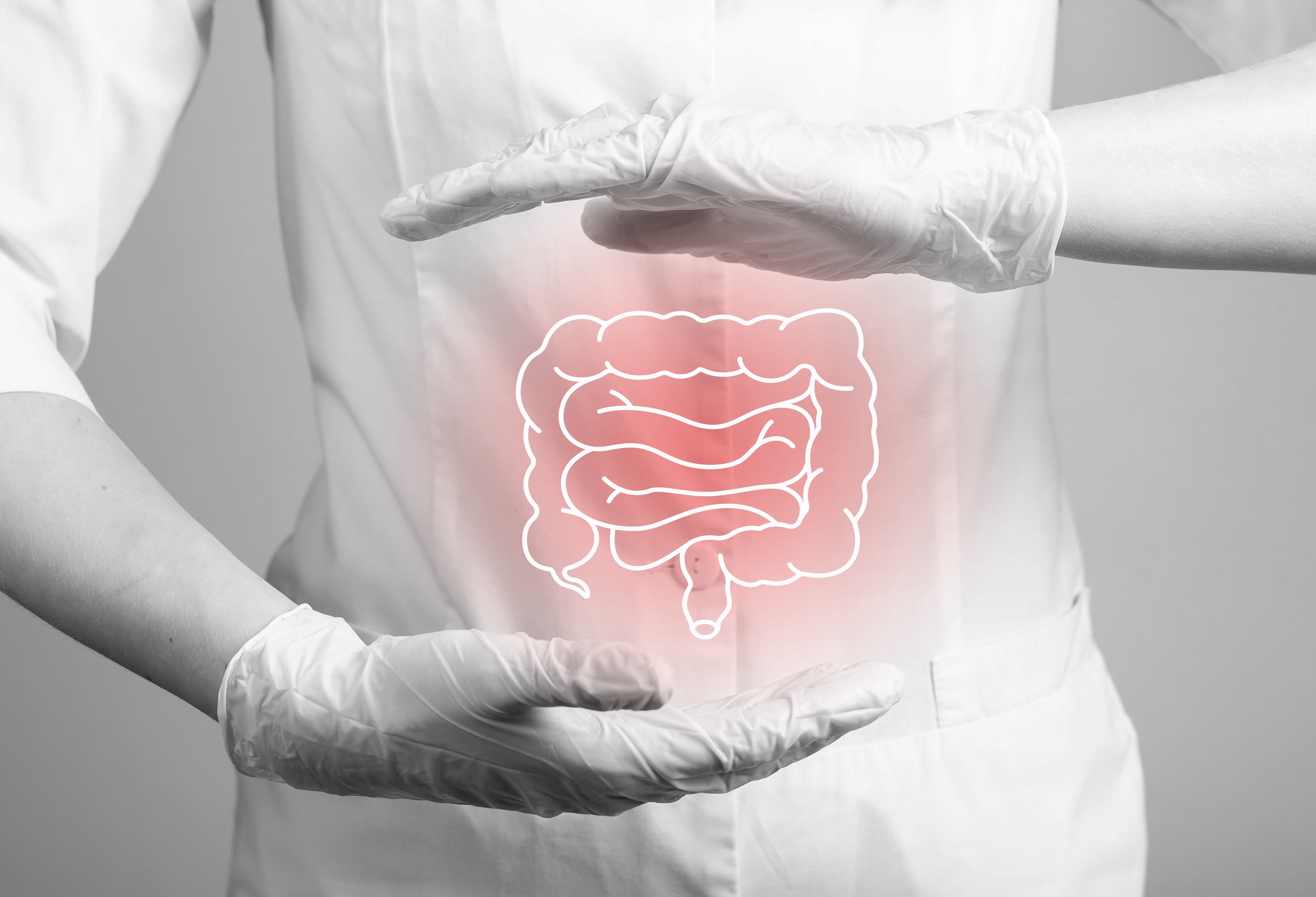Say Goodbye to Bloating: Simple Solutions to Manage Bloating
Did you know that 30% of adults experience bloating regularly, with many unsure of what causes it or how to deal with it? If you’ve ever felt like your stomach is about to burst after a meal, or struggled with a tight waistband on an otherwise comfortable outfit, you’re not alone.
But here’s the twist: bloating isn’t just about overindulging. It’s often your body’s way of signaling something deeper. So, let’s unpack the causes, explore how to manage bloating, and discover simple, effective solutions to keep your belly (and you) at ease.
What is Bloating?
Bloating refers to the sensation of fullness or swelling in the abdomen, often accompanied by visible distension. It’s typically caused by excess gas production, delayed intestinal transit, or fluid retention. While occasional bloating is normal, persistent episodes may point to underlying health issues that need attention.
Why Bloating Happens: Understanding the Causes and Effects
The complex process behind bloating involves several interconnected factors. Here’s a closer look:
-
Gas Accumulation:
-
Gut bacteria break down undigested carbohydrates during fermentation, producing gases like hydrogen, methane, and carbon dioxide.
-
If the gas isn’t absorbed or expelled efficiently, it builds up in the intestines, leading to distension and discomfort.
-
Altered Gut Motility:
-
Intestinal motility ensures smooth movement of food through the digestive tract. When motility slows, food lingers, allowing for excessive fermentation and gas production.
-
Conditions like Irritable Bowel Syndrome (IBS) or gastroparesis often contribute to this issue.
-
Small Intestinal Bacterial Overgrowth (SIBO):
-
In a healthy gut, bacteria are mostly confined to the colon. In SIBO, an abnormal increase in bacteria occurs in the small intestine, causing premature fermentation. This leads to excessive gas, bloating, and even malabsorption of nutrients.

-
Visceral Hypersensitivity:
-
Some people experience bloating more intensely due to heightened sensitivity in their gut nerves, even when gas or distension is minimal.
-
Impaired Gas Transit:
-
Efficient expulsion of gas depends on proper coordination between gut motility and sphincter function. Dysregulation can trap gas in the gut, worsening bloating.
-
Fluid Retention:
-
Hormonal changes, inflammation, or certain foods can cause the body to retain fluid in the abdominal area, mimicking bloating symptoms.
-
Constipation: A leading cause of bloating is constipation. One of the symptoms of constipation is reduced bowel movements. Sometimes, even with regular bowel movements, you can be constipated. So, how do you know if you are constipated?
Let’s look at the common symptoms:
-
A need to strain when passing stool. This can be at the beginning or sometimes at the end of the bowel movement.
-
Rock or pebble-like stool that appears dry.
-
A feeling of dissatisfaction after passing stool as your bowels are not empty.
Bacterial fermentation is likely when your stools stay in your colon for longer, leading to gas and bloating.

8. Stomach Infections:
-
H. Pylori and Digestive Distress: An infection with H. pylori bacteria can lead to bloating as it disrupts normal stomach function, reducing stomach acid and slowing digestion.
Understanding these causes provides valuable insights into how you can effectively manage bloating by addressing the root causes.
Common Causes of Bloating
Here’s a breakdown of what might be triggering your bloating:
-
High-FODMAP Foods: Foods rich in fermentable carbohydrates, such as beans, onions, and dairy, can contribute to gas production.
-
Overeating or Eating Too Quickly: Swallowing excess air during meals can lead to abdominal discomfort.
-
Food Intolerance: Conditions like lactose or gluten intolerance may cause bloating due to incomplete digestion.
-
Gut Dysbiosis: Imbalances in gut bacteria can lead to gas and bloating.
-
Hormonal Changes: Many women experience bloating during menstruation due to fluid retention and changes in gut motility.
How to Manage Bloating
If you’re wondering how to manage bloating, here are some science-backed strategies:
1. Optimize Your Diet
-
Avoid high-FODMAP foods if you notice they trigger bloating. Higher FODMAP foods are:
-
Fruits – Pears, mangoes, apples, cherries, or dried
-
Vegetables – Garlic, onion, beetroot, asparagus, cabbage, and mushrooms
-
Grains – Rye, wheat
-
Legumes – Lentils and chickpeas
-
Sweetening agents - High fructose corn syrup, sorbitol, honey, mannitol.
-
Dairy products – Yoghurt, ice cream, soft cheese, or milk

-
Chew food thoroughly and eat smaller portions to reduce swallowed air.
-
Stay hydrated, but avoid carbonated beverages, which can introduce excess gas into the gut.
2. Support Gut Health
-
Include probiotics in your diet to promote a healthy balance of gut bacteria.
-
Digestive enzymes can aid in breaking down complex foods, especially for those with food intolerances.
-
Work with a healthcare provider to address potential conditions like SIBO or IBS.
3. Adopt Healthy Habits
-
Regular physical activity stimulates gut motility, preventing gas buildup.
-
Practice mindful eating to avoid overeating or swallowing air.
-
Manage stress with relaxation techniques like yoga or meditation to prevent gut-brain axis dysregulation.
4. Try Targeted Supplements
-
Consider supplements like gut restore designed to enhance digestion and reduce bloating. Ingredients like magnesium, Marshmallow Extract, digestive enzymes, or probiotics can help.
Myths About Bloating You Need to Know
Let’s bust some common myths about bloating:
-
Myth 1: Skipping carbs eliminates bloating.
Fact: While reducing carbs may help with water retention, bloating caused by gut health issues won’t be resolved by cutting carbs alone. -
Myth 2: Bloating only happens when you eat too much.
Fact: Bloating can occur even with small meals, especially if you're sensitive to certain foods or have digestive imbalances. It’s not just about portion size, but how your body reacts to the foods you eat.
Preventing Bloating: Daily Tips
-
Maintain a balanced diet that’s rich in fiber but low in fermentable carbohydrates if you’re sensitive to them.
-
Avoid chewing gum or using straws, which can introduce air into your digestive system.
-
Keep a food diary to identify personal triggers.
When to Seek Help
If bloating persists despite these strategies or is accompanied by symptoms like weight loss, severe pain, or changes in bowel habits, consult a healthcare professional. Persistent bloating could signal conditions like inflammatory bowel disease, celiac disease, or even gastrointestinal cancers.
Final Thoughts
Bloating isn’t just a minor inconvenience—it’s a sign that your gut may need some care. By understanding its causes and addressing them systematically, you can manage bloating effectively and improve your overall well-being. The solutions are at your fingertips, from dietary tweaks to lifestyle changes and targeted supplements.
If you're seeking extra support, supplements like Gut Restore can help improve digestion and promote overall gut health. By nourishing the balance of gut bacteria and supporting digestion, these solutions target the root causes of bloating and digestive discomfort, offering immediate relief and long-term benefits.
Take control of your gut health today and embrace a life free from discomfort. Your journey to a healthier gut starts now.


